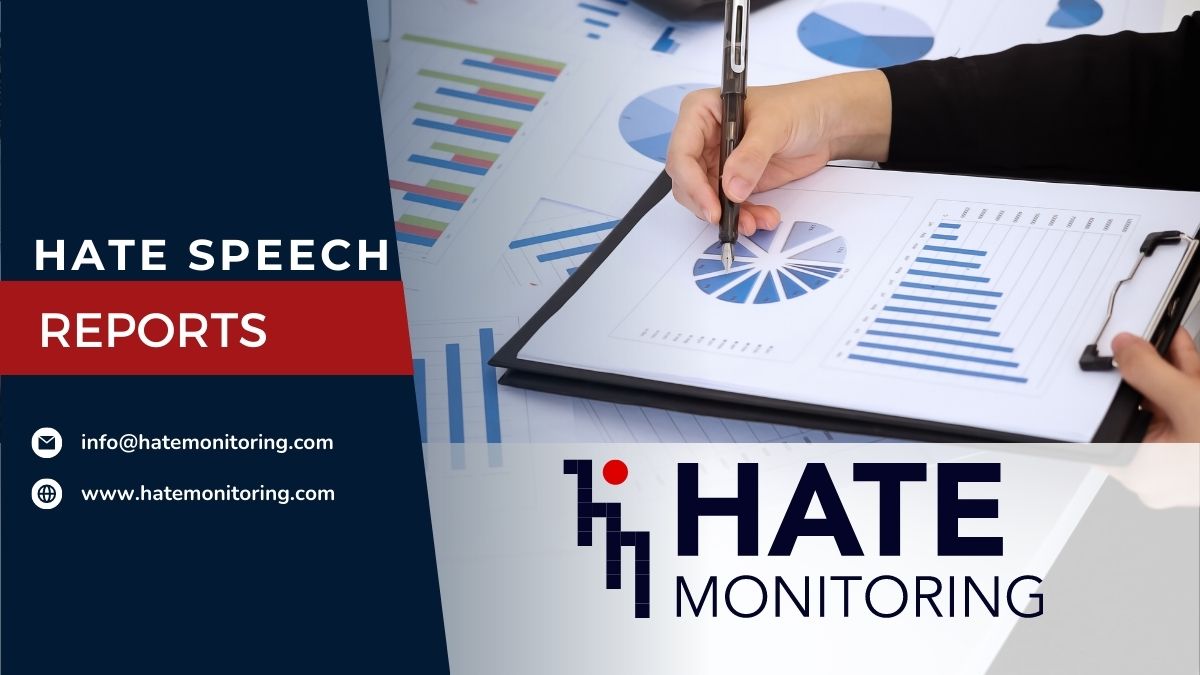Incident Information
Date of Incident: January 11, 2023
Location of Incident: Ankara, Turkey
Identifying information of Perpetrator: Bekir Bozdağ, Minister of Justice
Hate Speech Analysis
Transcription of hate speech statement: “Minister Bozdağ provided information on the finalised Fetullah Terrorist Organisation (FETO) trials. Bozdağ stated that 8 thousand 725 people were tried in 289 actual coup cases and a total of 4 thousand 891 people were sentenced, 1634 of whom were sentenced to aggravated life imprisonment, 1366 people to life imprisonment and 1891 people were sentenced to term imprisonment. Bozdağ said that 2 thousand 870 of the defendants were acquitted and 964 people were decided not to be sentenced. Bozdağ stated that 203 thousand 511 files with the accusation of “membership of an armed terrorist organisation” within the scope of FETO were concluded, the number of pending files was 64 thousand 58, 107 thousand 492 people were tried in the pending files, and 577 thousand 616 people were sentenced in the concluded files. Bozdağ stated that the number of detainees is 1299, the number of people under judicial control is 22 thousand 636, the number of people with arrest warrants is 29 thousand 93 and the number of convicts is 16 thousand 212.”
Target group(s) of hate speech: Members of the Gülen movement
Justification of hate speech: The Turkish government has accused the Gülen movement of being behind the attempted coup in 2016 and has labeled it as a terrorist organization. Additionally, the use of the term “FETÖ” to refer to the Gülen movement is considered hate speech because it demonizes the movement, implies that its members are not legitimate, and portrays the movement as a criminal and violent organization.
Analysis of the hate speech statement: The statement provides information on the number of people tried and sentenced in cases related to the Gülen movement, which is referred to as “FETÖ” throughout the statement. The use of the term “FETÖ” to refer to the Gülen movement is considered hate speech because it demonizes the movement and its members, implies that its members are not legitimate, and portray the movement as a criminal and violent organization, which can lead to further discrimination, marginalization and persecution of the members of the movement. Furthermore, the statement also refers to the number of people under detention, under judicial control, with arrest warrants, and convicted in relation to “FETÖ” which implies that the government is actively pursuing and punishing individuals perceived to be associated with the Gülen movement. This can contribute to further stigmatization and marginalization of people perceived to be members of the Gülen movement, and can also fuel discrimination and violence against them. It is important to note that the large numbers of people tried, sentenced and held in detention, under judicial control, with arrest warrants, and convicted in relation to “FETÖ” implies a widespread and systematic government campaign to target and punish individuals perceived to be associated with the Gülen movement. This can contribute to further stigmatization and marginalization of people perceived to be members of the Gülen movement, and can also fuel discrimination and violence against them. It also gives the impression that the government has a large number of people in custody, which also can be used as a tool of intimidation.
Contextual information: The statement was made in the context of a 2022 Evaluation Meeting with Ankara representatives of newspapers, TV channels and agencies at the Dikmen Hakim House.
Impact of the statement: It can contribute to further stigmatization and marginalization of people perceived to be members of the Gülen movement, and can also fuel discrimination and violence against them.
Conclusion
The statement made by the Minister of Justice Bekir Bozdağ can be considered as hate speech as it is demonizing and stigmatizing towards members of the Gülen movement, who are referred to as “FETÖ” by the Turkish government, and implies that the government is actively pursuing and punishing individuals perceived to be associated with the Gülen movement. This can contribute to further discrimination, marginalization, and persecution of the members of this group.

 Tr
Tr